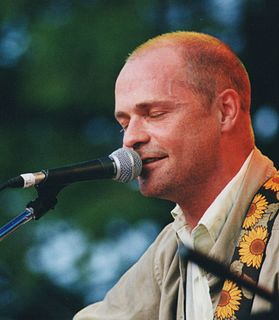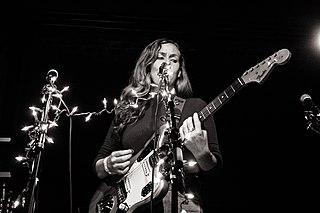A Quote by Gord Downie
Related Quotes
That became my aesthetic - a very Chekhovian, American realist aesthetic in the tradition of Raymond Carver, Richard Ford, and Tobias Wolff. The perfectible, realist story that had these somewhat articulate characters, a lot of silence, a lot of obscured suffering, a lot of manliness, a lot of drinking, a lot of divorces. As my writing went on, I shed a lot of those elements.
I'm interested in dismantling the distinction between masculine and feminine writing both because I think it's a false distinction and, I think, ultimately an insulting one. It's as insulting to men as it is to women. I'm not sure what masculine writing would look like - I assume some combination of Ernest Hemingway and Raymond Carver. Writing can't be gendered in that way.


































